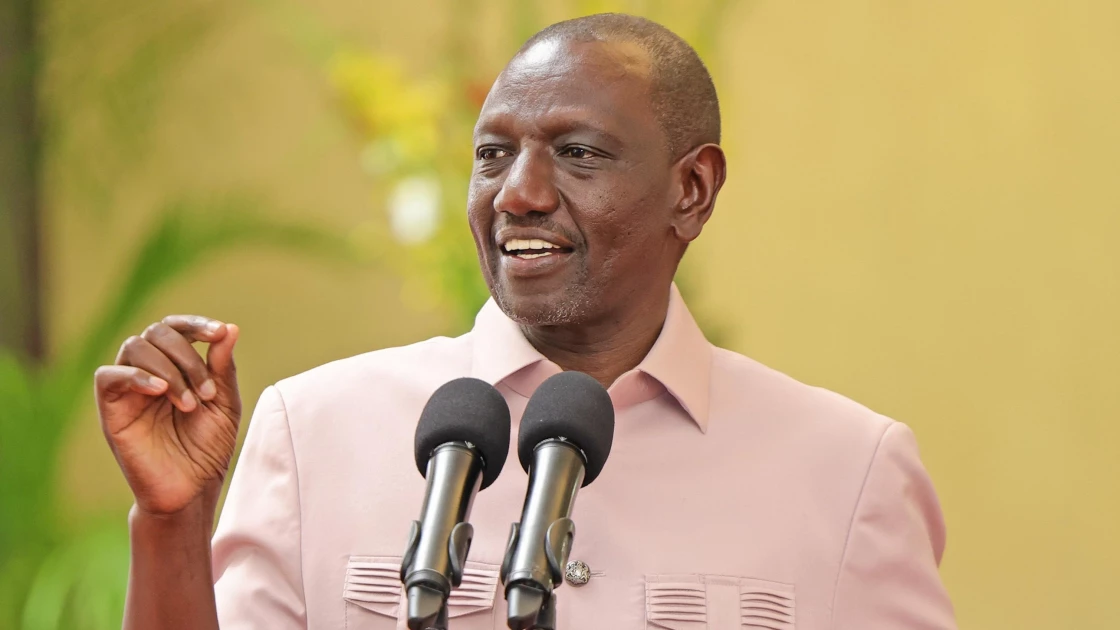Political clout serves as a cornerstone in any democratic system. It is through the electorate’s mandate that leaders earn legitimacy, credibility, and the authority to make decisions in the public’s interest. This gravitas enables political movements to mobilize the silent majority, often swayed by the bandwagon effect fostered by such influence.
However, the ability to sway this majority hinges on delivering either continuity or tangible improvements in the lives of ordinary citizens. Today, Kenya finds itself grappling with a governance structure that many describe as an amalgamation of conflicting political ideologies. It remains unclear who precisely holds the reins of power, what policies are being championed, and who ensures accountability for the people.
In the past 14 months, oversight has largely fallen to vigilant Kenyans with a vested public interest, rather than institutional mechanisms. Meanwhile, President Ruto has adopted a bold approach, pulling all stakeholders into a politically harmonious environment to advance his transformative agenda. Despite the divisive nature of the last election period, this strategy seeks to unify disparate forces, including allies of former President Uhuru Kenyatta and opposition leader Raila Odinga, in pursuit of broad-based delivery.
The “Handshake” Politics of Inclusion
The Kenya Kwanza (KK) regime has extended its inclusivity to perceived opposition figures, exemplified by ODM’s involvement and the Ichaweri meeting with Uhuru’s perceived allies. While these individuals may not be official members of the Jubilee Party, their inclusion serves to create an impression of national unity. This move, however, raises questions about the motivations behind such alliances and whether they genuinely represent a shift in governance or are merely expedient narratives designed to appease Mount Kenya and bolster perceptions of inclusivity.
Politically, this approach introduces a double-edged clout. The perceived collaboration between President Ruto, Uhuru Kenyatta, and Raila Odinga signals an attempt to stifle dissent and create what political theorists Herman and Chomsky term “predetermined consensus.” This manufactured agreement safeguards the interests of those in power while marginalizing dissenting voices. It allows policies to sail through with ease, with legislative support secured by the weight of this consensus. Dissenters face ostracization or punitive measures, further solidifying the regime’s control.
The Impact on Governance and 2027 Elections
The inclusion of ODM and Azimio figures into government positions presents a strategic conundrum. While it fosters a perception of unity, it also denies the Kenya Kwanza regime an exclusive advantage heading into the 2027 elections. The success of this strategy hinges entirely on the regime’s ability to deliver transformative change for the majority of Kenyans. Should the agenda falter, the silent majority, once swayed by political clout, may rise to express their discontent through the ballot.
Interestingly, ODM and Azimio may find themselves in a favorable position, maintaining influence both within and outside the government. Their “foot in both camps” strategy could allow them to critique Kenya Kwanza while simultaneously benefiting from collaboration. This dynamic sets the stage for a potentially volatile political environment where the silent majority’s voice becomes the ultimate arbiter of Kenya’s future leadership.
Conclusion
In a rapidly evolving political landscape, Kenya’s governance is at a crossroads. The bold moves by President Ruto and his regime reflect a high-stakes gamble to achieve transformative change. However, the efficacy of this approach will ultimately be judged by the electorate in 2027. The silent majority, empowered by the ballot, holds the key to reshaping the nation’s political future—beyond the confines of clout and consensus.





